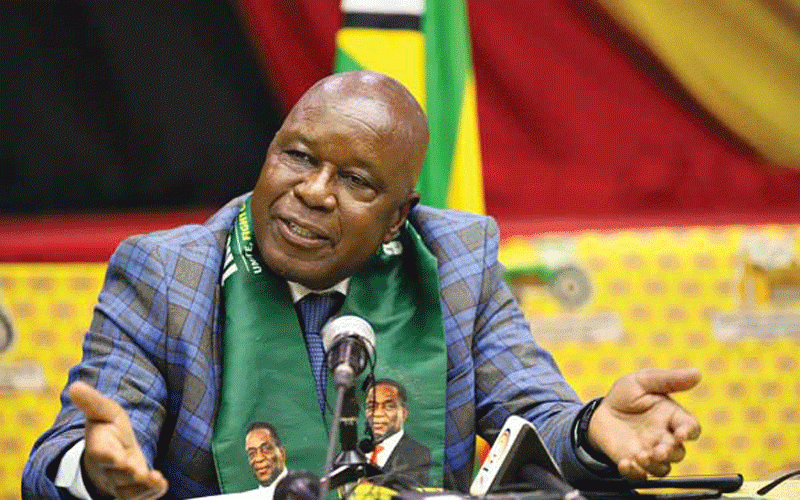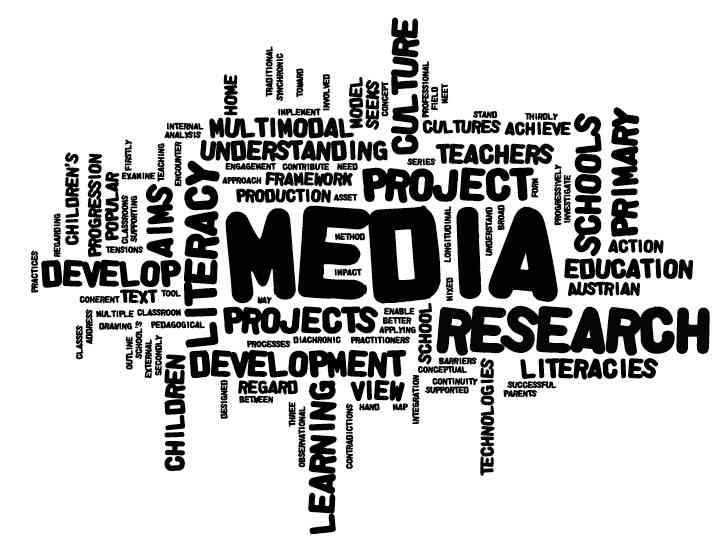
When minds meet often extraordinary outcomes are possible. At a time when the economic outlook of Africa is promising, it is natural questions are asked as to what kind of future is desirable, sustainable and obtainable.
If post-colonial experiences have a memory, then the future is and must be predictable. God was kind to Africa and yet our conversations and choices have yet to produce an equal, just, prosperous, inclusive and cohesive society. Conversations that take place in corridors of state power suggest that the failure to deliver the promise is a direct consequence of the choices and actions of non-Africans.
Against a backdrop of a painful past, it is understandable when rational people try to link poverty to conspiracy theories without taking any effort in trying to appreciate the obligations imposed on citizens under a democratic constitutional order to add value to the construction and performance of the State in so far as the State and its actors are relevant to the cause of the economic and social progress of citizens.
The majority of African states purport to be constitutional states. What then is a constitutional state? A constitutional state is a construction in which the exercise of governmental power is constrained by the law and is often tied to the concept of the rule of law and not rule by law.
The power of the state under a democratic constitutional order is limited in order to protect citizens from the arbitrary exercise of authority.
The state is based on the supremacy of national constitution and civil society ought to be an equal partner to the state. The doctrine of separation of powers between the three branches of the state ought to provide the checks and balances necessary to limit each other’s power.
The Judiciary and the Executive should be bound by law while the Legislature should be bound by constitutional rights and principles.
State acts must necessarily pass the transparency test as is the requirement of providing reasoning for all state acts. State decisions and acts ought to be reviewable by independent organs including an appeal process.
- Chamisa under fire over US$120K donation
- Mavhunga puts DeMbare into Chibuku quarterfinals
- Pension funds bet on Cabora Bassa oilfields
- Councils defy govt fire tender directive
Keep Reading
The use of force ought not to be monopolised by state actors and the principle of proportionality of state action ought to be protected and promoted.
State actions ought to be reliable and the prohibition of retroactivity is fundamental in protecting the rights enshrined in constitutions. The requirement of clarity and definiteness in terms of the laws cannot be overstated.
Due to Africa’s unjust and unequal past, it is always easy to link the need for the rule of law to external interests and less to the creation of a society that can deliver the promise of a better and equal life.
The role of a constitution in creating a society that is inclusive and cohesive cannot be understated.
Although a constitution is a necessary instrument to glue people together, it is not sufficient to guarantee a better life as attitudes of the governors and the governed play a significant role in informing the choices and actions that lift the standard of living.
The post-colonial story has produced its own absurdities. The construction of the state suggests that power must be diffused between the three organs ie Executive, Judiciary and Legislature and yet in reality power tends to be concentrated in the executive branch of the state.
The Legislative agenda is often determined and controlled by the Executive actors to the extent that the spirit and letter of constitutions is undermined by the manner in which the Legislature is converted into a subservient and subsidiary of the Executive. No constitution confers on the head of state the kind of powers that he or she typically holds, but the nature and design of the state makes it impossible for legislatures to operate independently when they know that their rise in the value chain is dependent on compliance.
The head of state ordinarily assumes the position of chief executive officer (CEO) for an organisation that was never meant to have a CEO. Unlike a private company where the CEO can legitimately exercise absolute powers, the CEO of a state enjoys no such constitutional powers and yet the reality suggests otherwise.
A constitutional state ought to be dysfunctional by design in that the power of the state must be dispersed and shared. However, the concentration of power in the Presidency must be understood in the context in which it occurs and manifests itself.
Most legislators want to be noticed by the CEO in the hope that they will be selected as ministers while lawyers who have ambitions to be judges also look up to the CEO for appointment. The incentive structure in the state makes it difficult for any rational upward looking person to be independent.
The role of the CEO of the state in a post-colonial dispensation often assumes its own dynamic to the extent that matters of state become inseparable with the personal affairs of the individual.
The failure of the three branches of the state to perform as prescribed in constitutions should help us to frame discussions on how best reforms can be put in place that will allow for the diffusion of power and promote the accountability of state office bearers.
The executive is responsible for revenue collection as well as its distribution to make the other two branches of the state subordinate in the general scheme of things.
The big betrayal must be located in the nature and design of the state and its organs. Can one realistically expect the judiciary to be independent and the legislature to perform the duties that must be performed in order to guarantee that the state is constitutional when the ultimate pay master is the CEO?
In practice, most states act unconstitutionally not because they were designed to act in this manner, but because human nature calls for the corruption of the state. Once appointed, the CEO attracts all the parasites and mosquitoes to the extent that his own life and freedom becomes prescribed.
The friends of the CEO necessarily take premier positions in promoting their personal interests disguised as national interests. The CEO assumes the position of prisoner number one surrounded by praise singers and yes men and women.
The notion that a country can end up being owned assumes a real meaning in that the CEO invariably is put on a different pedestal and acts accordingly.
In making this contribution, I am informed by my own experiences in Zimbabwe. In 2004, Honourable Patrick Chinamasa presumably acting in concert with other State actors in an unprecedented manner invoked the powers conferred on the President, albeit temporarily, to handle emergency situations to create a new reality in which the State could arbitrarily and unilaterally assume the control and management of a private company.
It is instructive that there was no provision for the courts to be involved. In promulgating this decree without the involvement of the legislature, the minister must have been confident that Parliament would not present a stumbling block. An administrator was then created and like a movie the events that have unfolded since then illustrate the real challenge of making the State and its actors accountable.
I have no doubt that in a functioning constitutional state, no minister would act in the manner Chinamasa acted. What then transpired is that a law was then passed that on the face of it exposes the lack of checks and balances.
By naming the Act, The Reconstruction of State Indebted Insolvent Companies Act, some thought must have been applied as to how a company can be indebted to a non-existent entity. Surely, it must be self evident that no such law would be necessary in a democratic constitutional order for any state entity established would require its own law. What the law sought to confer on the State was superior creditor status that is prohibited under any democratic constitutional order.
Even state institutions should not operate outside the provisions of the constitution. One would expect the Judiciary and the Legislature to see through this, but regrettably this has not been the case suggesting that it is important that Africans critically examine the manner in which the state has been and is daily being borrowed to advance illegitimate, unconstitutional and personal interests against a backdrop of a compliant and complicit judiciary and legislature.
Africa’s future will only be secure if the ultimate custodians of the state do what they must to ensure that the state performs the functions that it is established to perform.
Mutumwa Mawere is a businessman based in South Africa. He writes in his personal capacity.











